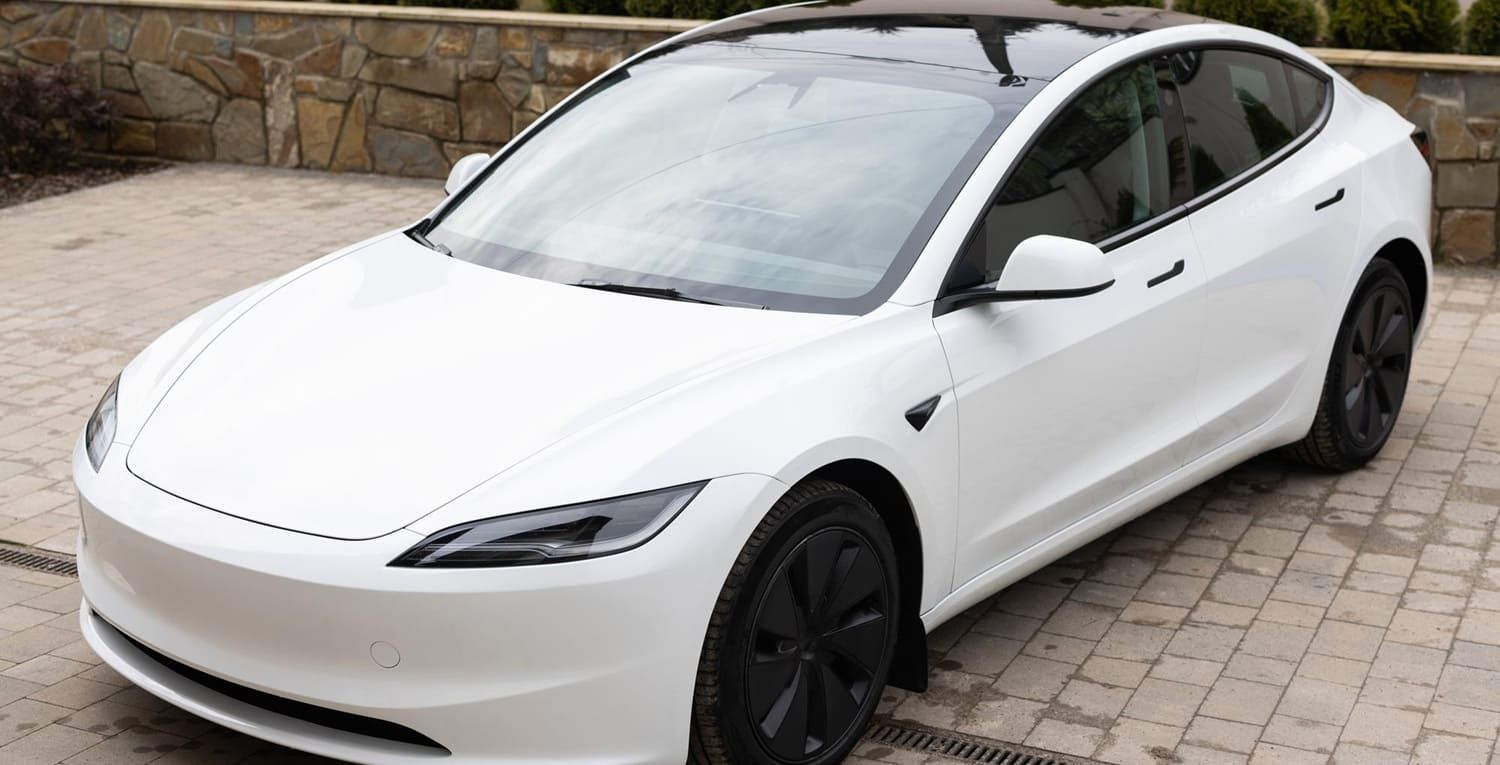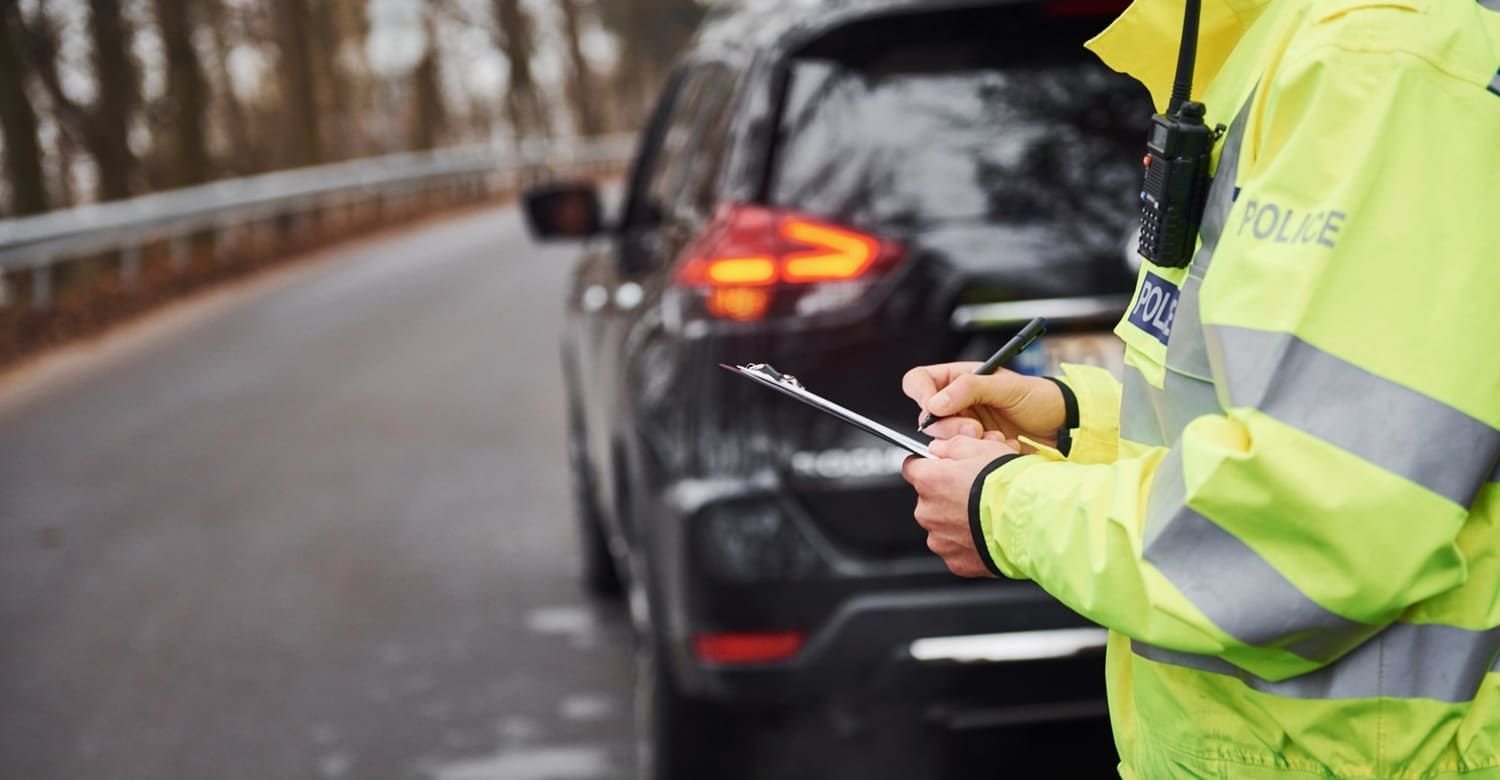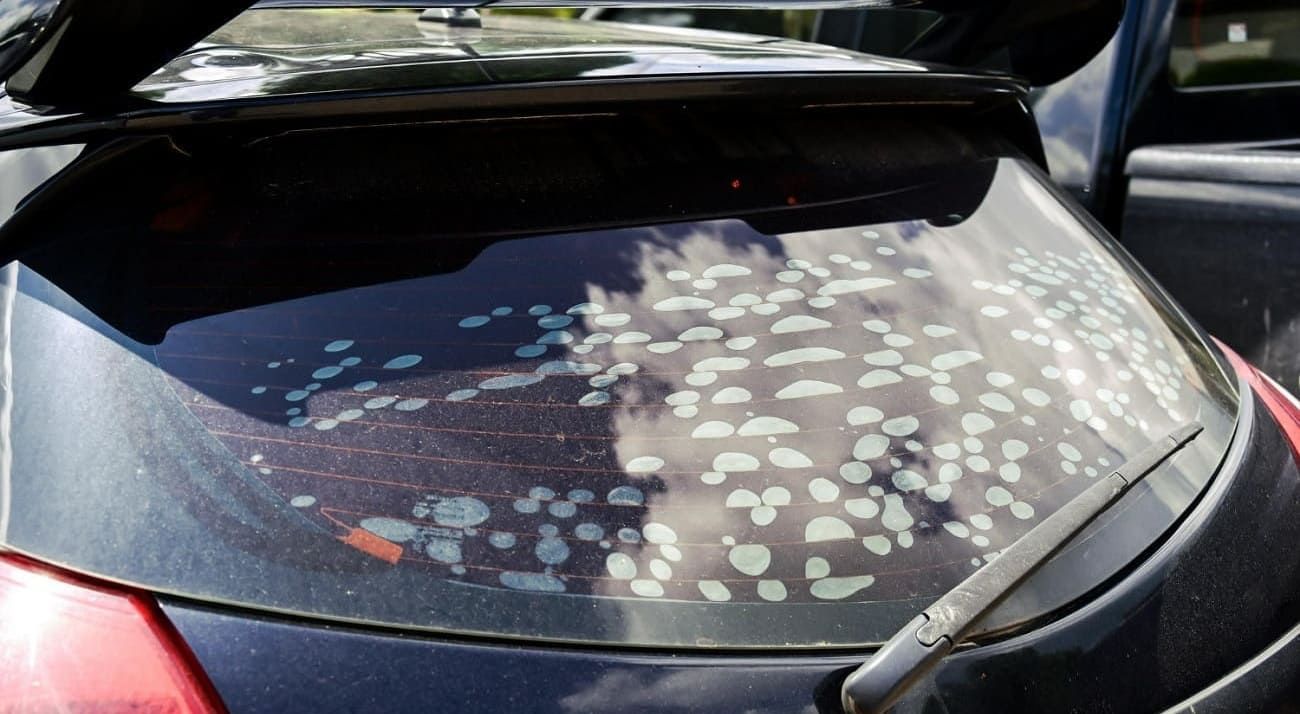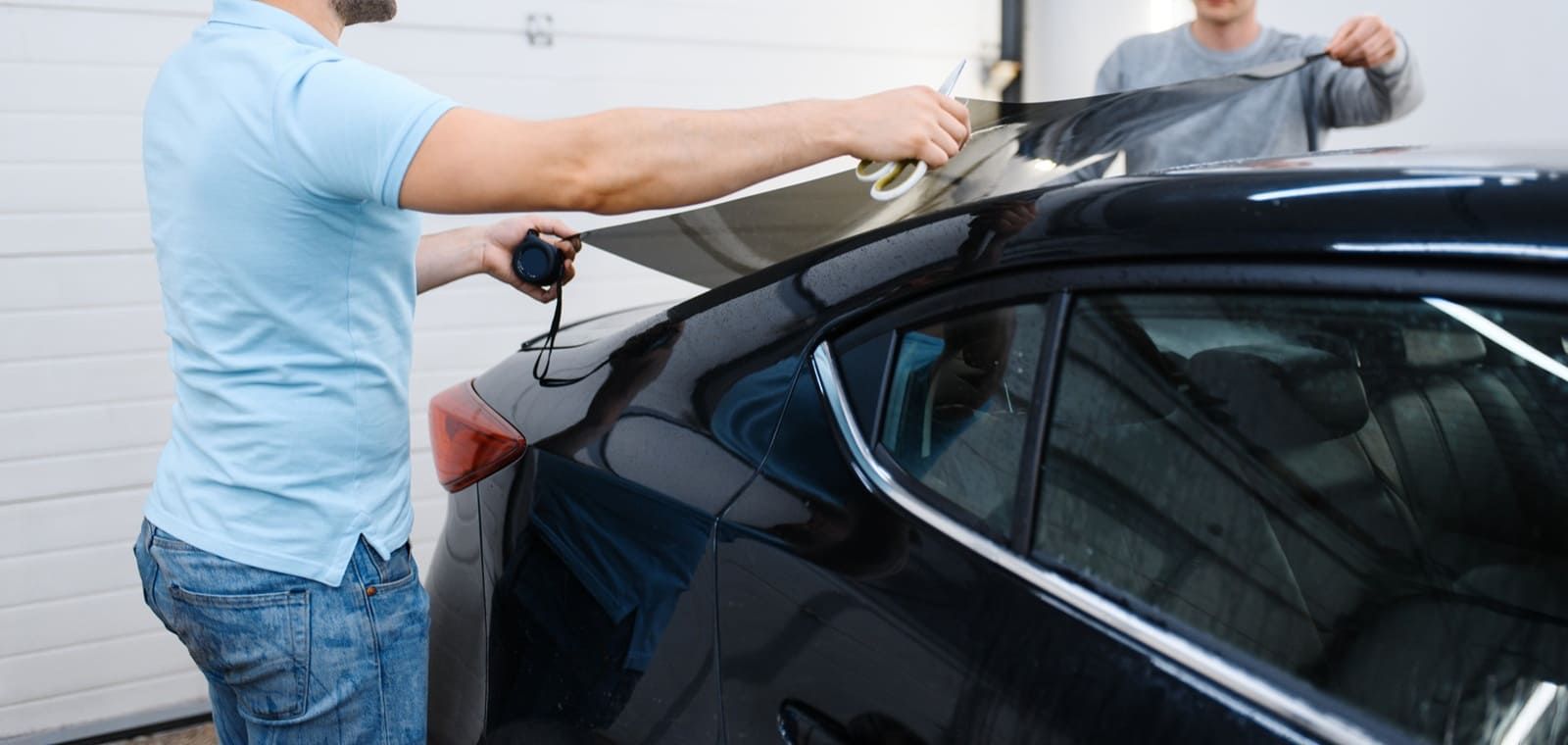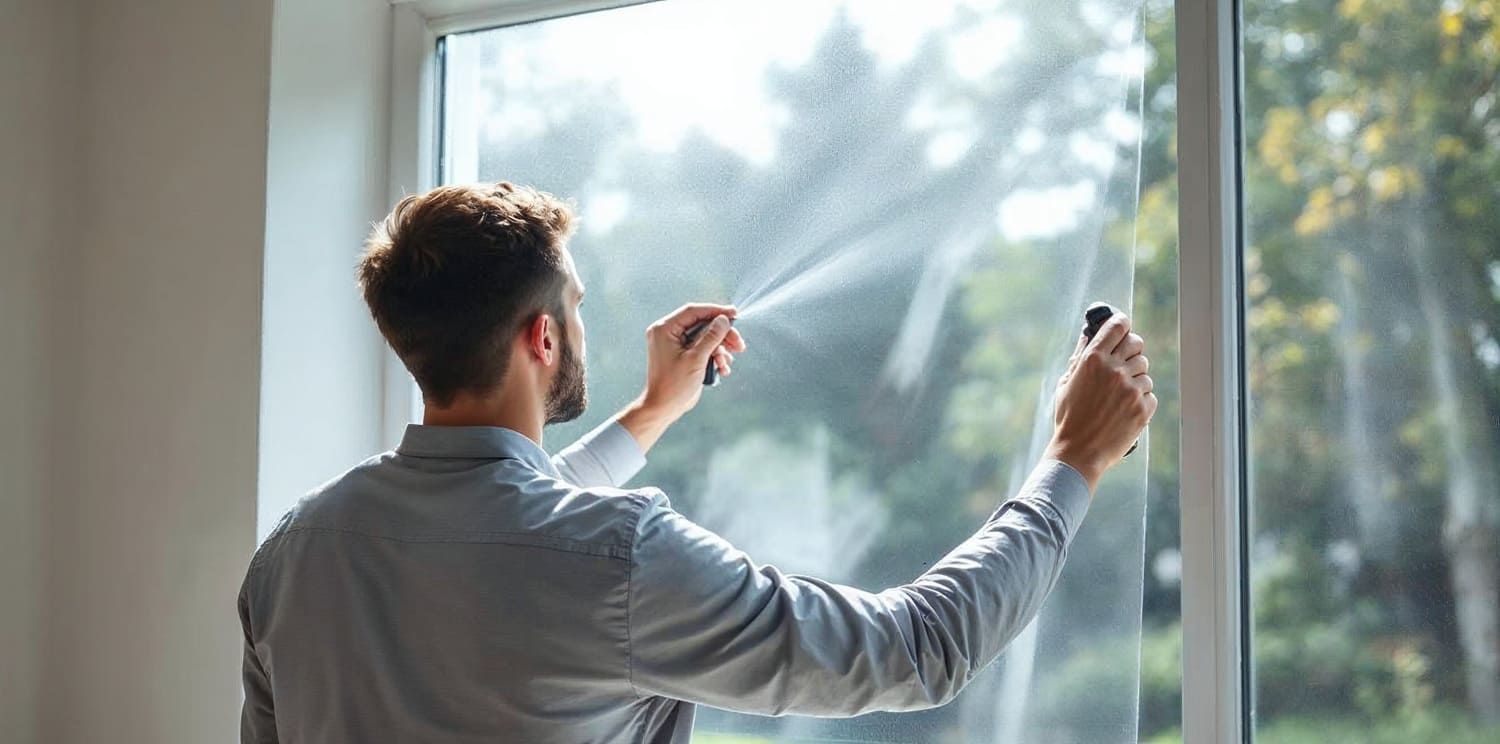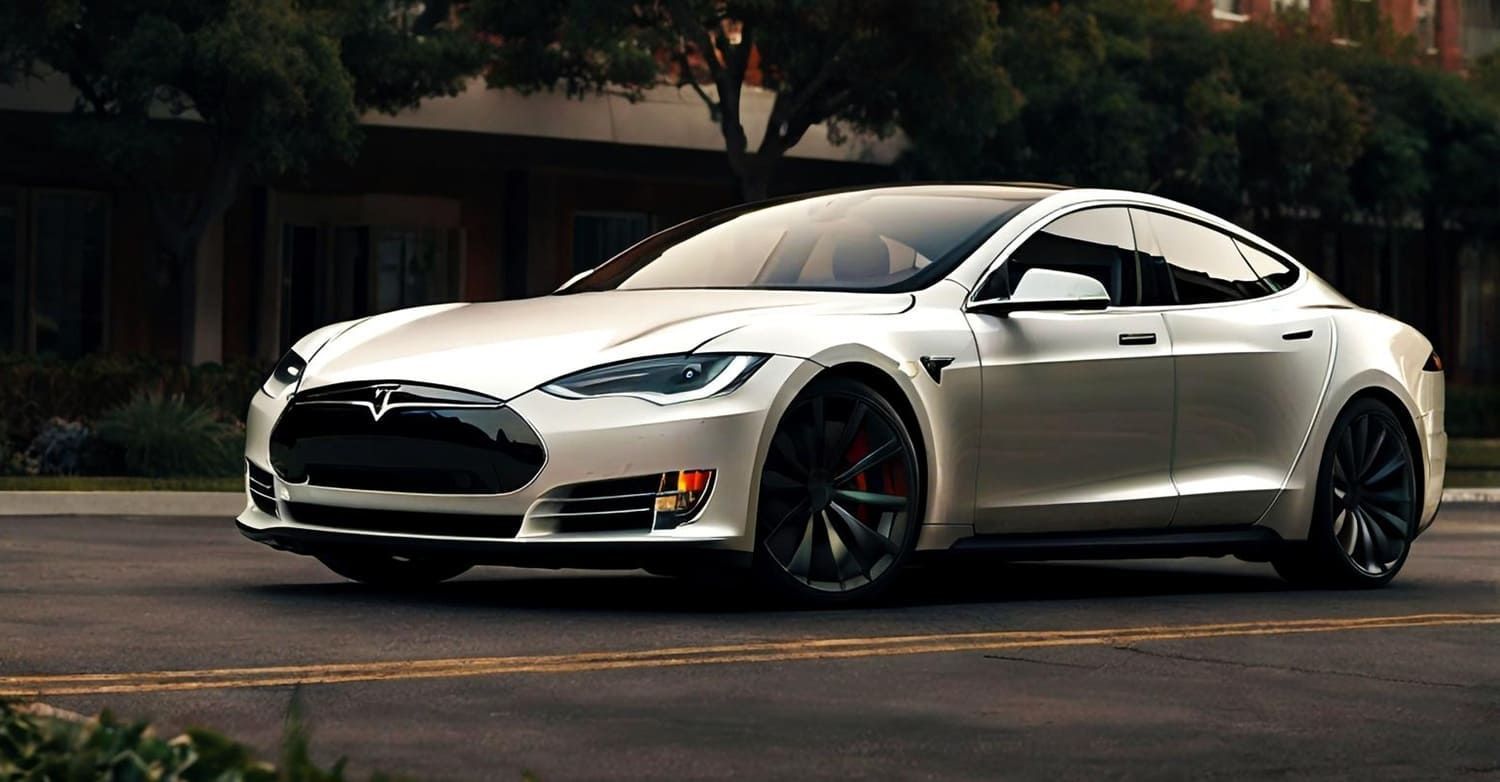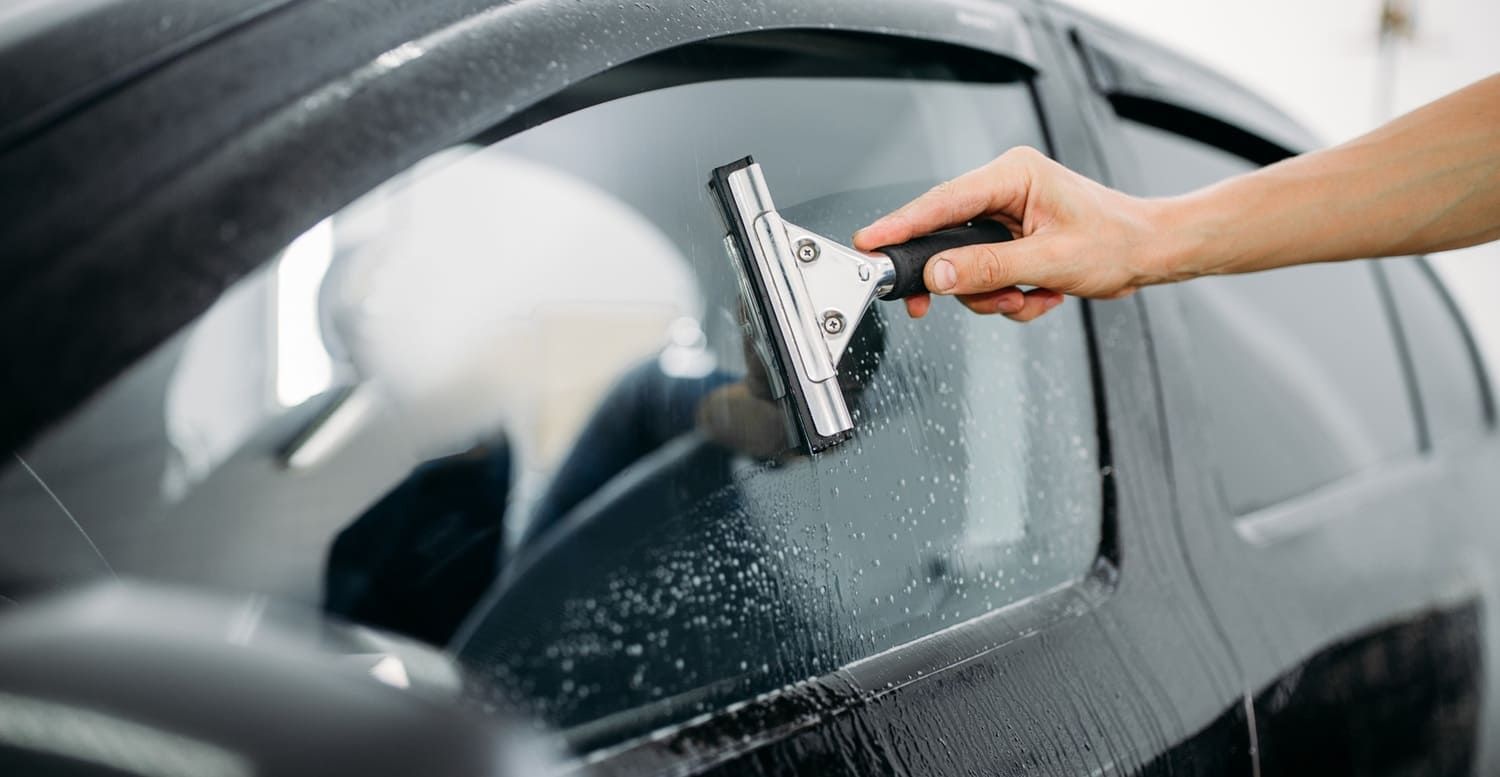Is Your Tint Too Dark? How to Check
Navigating the world of car window tinting can be a complex task, especially when it comes to understanding the legal implications. As a car owner, you might be considering tinting your car windows for the first time to enhance privacy and reduce glare. Alternatively, you may need to ensure your existing tint is compliant with local laws to avoid potential fines. Understanding tint laws and regulations is crucial in either scenario. In this article, we'll break down how to determine if your car tint is too dark and what you need to know about tint laws, especially in Florida.
Window tinting laws vary from state to state, and what's permissible in one place might be illegal in another. These laws are designed to enhance safety for all road users, ensuring that drivers have an unobstructed view of the road. Too-dark tints can obstruct a driver's view, especially at night, and make it difficult for law enforcement to see inside the vehicle during traffic stops, which can pose safety risks. Understanding these regulations not only helps in avoiding fines but also ensures that your driving experience remains safe and pleasant.
The key term you need to understand when it comes to window tint legality is Visible Light Transmission (VLT). This is the amount of light that a window tint film allows to pass through your car windows. VLT is expressed as a percentage. The lower the percentage, the darker the tint. For example, a 70% VLT means that 70% of light can pass through, while 30% is blocked. Understanding VLT is crucial because it directly affects how much you can see out of your car windows, as well as how much others can see in. This balance is important for both compliance and comfort.
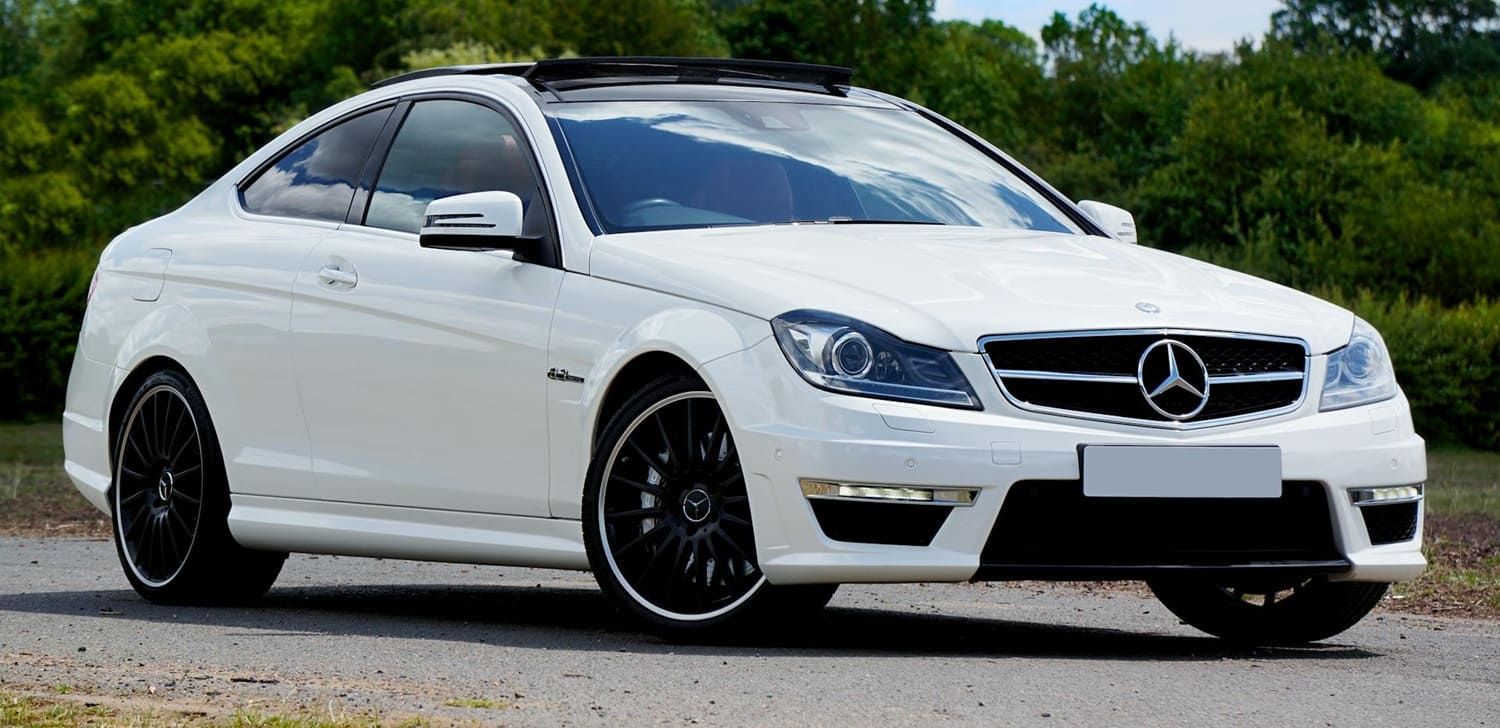
General Tint Laws and Regulations
Most states have laws that dictate the allowable VLT for different car windows. Typically, the front windshield and front side windows have stricter VLT regulations compared to rear side windows and the back windshield. This is because the driver's visibility is crucial for safe driving. Regulations are often more lenient for rear windows to allow for privacy and comfort for passengers. It's essential to know the specific regulations in your state to avoid any legal issues and to ensure that the tint you choose provides adequate safety for all vehicle occupants.
Florida Window Tinting Laws
Florida, like many states, has specific regulations regarding window tinting. If you're based in Florida or traveling through, it's important to ensure your tint complies with these laws to avoid fines. Florida's sunny climate makes window tinting a popular choice to reduce heat and glare, but it's crucial to stay within the legal limits. Failing to comply with these regulations can result in fines and the need to remove or alter non-compliant tint, which can be costly and inconvenient.
Florida's Tint Darkness Limits
- Windshield: Non-reflective tint is allowed along the top of the windshield above the manufacturer's AS-1 line. This helps reduce glare from the sun without obstructing the driver's view.
- Front Side Windows: Must allow more than 28% of light in. This level ensures adequate visibility for the driver while offering some privacy.
- Back Side Windows: Must allow more than 15% of light in. These windows can be darker since they do not affect the driver's direct line of sight.
- Rear Window: Must allow more than 15% of light in, allowing for greater privacy and reduction in sunlight for passengers and interior protection.
Reflectivity and Color Restrictions
Florida also has regulations regarding the reflectivity and color of tinting films. Reflective tints can reduce glare and heat but can also be distracting to other drivers. It's important to strike a balance between functionality and compliance.
- Reflectivity: Front side windows must not be more than 25% reflective, while back side windows must not be more than 35% reflective. This prevents excessive glare that could impede other drivers' vision.
- Color: Florida law prohibits certain colors of tinting films, including red and amber. These colors can be overly distracting and diminish visibility, hence their prohibition in vehicle applications.
How to Check Your Tint's Compliance
If you're unsure whether your car tint complies with state laws, there are a few ways you can check. Ensuring compliance not only prevents legal trouble but also guarantees that your driving experience is safe and comfortable.
Use a Tint Meter
A tint meter is a device that measures the VLT of your windows. It's a handy tool that can give you an accurate reading of how much light your tint allows through. These devices are available for purchase online or can be used by professional window tinting services. Investing in a tint meter can be a smart choice if you frequently change your car's tint or drive through multiple states with differing laws.
Professional Inspection
Many auto shops and window tinting services offer tint inspection services. They can use a tint meter to quickly determine if your tint is within legal limits. This is often the easiest way to ensure compliance without purchasing a meter yourself. Professionals can also provide recommendations if changes are necessary to meet legal standards, saving you time and potential legal headaches.
DIY Visual Check
While not as accurate, you can perform a basic visual check. Compare your windows to a legal tint shade card, which displays different VLT percentages. This won't give you an exact measurement but can help you determine if further inspection is needed. A visual check is a quick and cost-effective way to assess compliance, though it should be followed up with a precise measurement for certainty.
The Importance of Compliance
Complying with tint laws is important not only to avoid fines but also for your safety and the safety of others on the road. Dark tints can impair your vision, especially at night or in bad weather, increasing the risk of accidents. Additionally, non-compliant tints can lead to failed vehicle inspections and fines. Ensuring your tint meets legal standards also helps maintain your vehicle's resale value, as buyers often prefer vehicles that are legally compliant and require no additional modifications.
Choosing the Right Tint
When selecting a tint, consider both the legal requirements and your personal preferences for comfort and privacy. Here are a few tips for choosing the right tint that balances functionality, compliance, and aesthetics.
Consider Your Needs
- Privacy: If privacy is a concern, opt for a tint that offers the maximum legal darkness. This helps ensure that you have the privacy you desire while staying within legal limits.
- Heat Reduction: Reflective tints or those with higher UV protection can reduce interior heat and protect your car's interior from sun damage. This is particularly important in sunny climates, where UV exposure can lead to fading and deterioration of your car's interior.
- Aesthetic: Choose a tint that complements your car's color and style. A well-chosen tint can enhance the overall look of your vehicle, making it appear more sleek and modern.
Consult a Professional
Professional tinting services can provide guidance on selecting the right tint for your needs and ensure it complies with local laws. They can also offer advice on maintaining your tint to prolong its lifespan and effectiveness. Professionals have access to a wider range of products and can provide custom solutions tailored to your specific vehicle and preferences, ensuring satisfaction with your tinting investment.
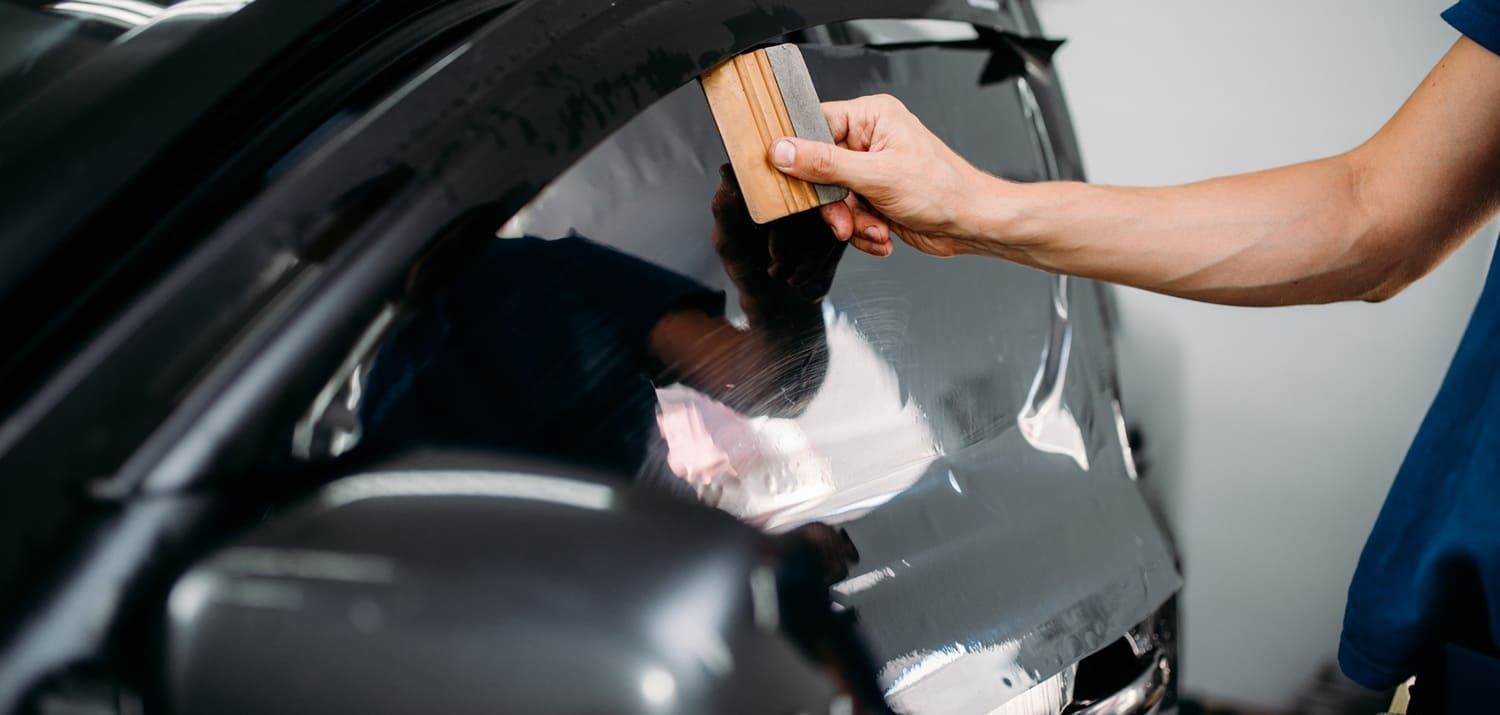
Conclusion
Navigating window tint laws can seem daunting, but with the right knowledge and tools, you can ensure your car remains compliant and stylish. Whether you're driving through Florida or elsewhere, always check local regulations to avoid unnecessary fines and ensure your safety on the road. Staying informed about the latest regulations can help you make the best decisions for your vehicle and avoid any unexpected surprises.
By understanding VLT, knowing the specific laws in your area, and using tools like tint meters, you can confidently manage your car window tinting needs. Remember, when in doubt, consulting a professional is always a wise choice. Professionals can provide insights and services that make the tinting process smooth and worry-free.
Now that you're equipped with the knowledge you need, you can enjoy the benefits of window tinting without the worry of legal issues. Safe driving! Embrace the comfort, privacy, and style that window tinting offers, while remaining a responsible and law-abiding driver. For expert help, contact David Wood Window Tinting, the best window tinting installers near you serving Jupiter, FL, offering free estimates and professional service you can trust.
FAQs About Checking If Your Window Tint Is Too Dark
How can I tell if my tint is too dark?
You can check using a tint meter, which measures the Visible Light Transmission (VLT%) of your windows. If the reading is below your state’s legal limit, it’s too dark.
What does VLT% mean for window tint?
VLT% stands for Visible Light Transmission percentage—how much light passes through your tinted window. Lower numbers mean darker tint.
What are the legal tint limits in most states?
Each state sets its own tint laws. Many require 35% VLT or higher on front side windows, while rear windows may allow darker films. Always check local regulations.
Is darker tint always illegal?
Not necessarily. Some states allow very dark tint on rear windows but limit darkness on front windows for driver visibility and safety.
Can police check if my tint is too dark?
Yes. Officers may use a portable tint meter during a traffic stop to measure VLT and issue a citation if it’s below the legal limit.
Does factory glass tint count toward VLT?
Yes. Factory-tinted glass already reduces VLT, so adding aftermarket film on top can make windows darker than legal limits.
Are there exemptions for medical reasons?
Some states allow darker tint with a medical exemption for conditions like light sensitivity. You’ll need documentation and may have to register your exemption.
How do I check my tint without special tools?
The most accurate method is with a tint meter, but you can compare your windows to legal limit charts or online VLT comparison tools for a rough estimate.
Will removing tint that’s too dark fix the issue?
Yes. You can replace it with a lighter, legal film to stay compliant and avoid fines.
What happens if I’m caught with illegal tint?
Penalties vary by state but can include fines, fix-it tickets, or inspection failures until the tint is removed or replaced.
Can aftermarket tint shops install illegal tints?
Professional shops typically refuse to install tints darker than the law allows to avoid liability and customer legal trouble.
Does dark tint affect night driving?
Yes. Very dark tint can reduce visibility at night, making it harder to see pedestrians, road signs, and other vehicles.
Can you get pulled over just for tint?
Yes. If your tint appears darker than legal limits, an officer can stop and inspect your vehicle specifically for tint violations.
Does lighter tint still block heat and UV rays?
Yes. Modern ceramic and infrared tints can block heat and 99% of UV rays even with light or nearly clear shades.
Are windshield tints allowed?
Most states only allow tint on the top 4–6 inches (the AS-1 line) of the windshield or permit clear UV-blocking films.
How do I choose a legal tint shade?
Select a VLT% that meets your state’s limit for each window type and consider ceramic films for performance without excessive darkness.
Do different windows have different legal limits?
Yes. Front side windows usually require lighter VLT, while rear and back windows often allow darker tints.
Will illegal tint affect my car insurance?
It can. Some insurers may deny claims related to accidents if illegal modifications, like overly dark tint, contributed to visibility issues.
Is it worth paying more for legal, high-performance tint?
Yes. It ensures compliance, avoids tickets, and can still offer privacy, UV protection, and heat rejection without breaking the law.
how do I make sure my tint isn’t too dark?
Use a tint meter, check your state’s VLT laws, and choose a quality film that balances style, performance, and legality.


